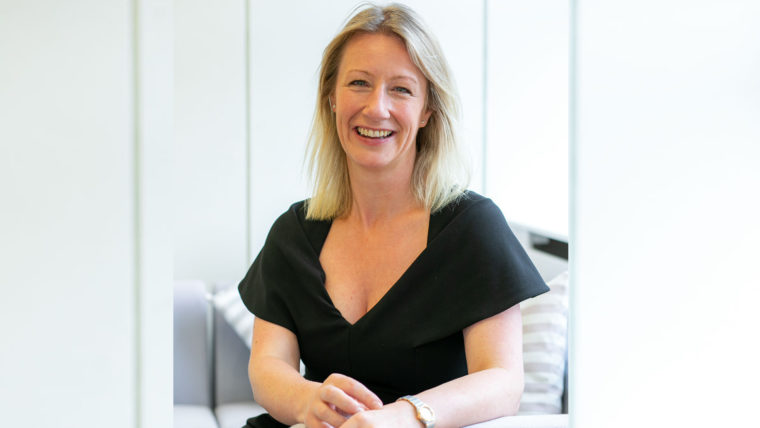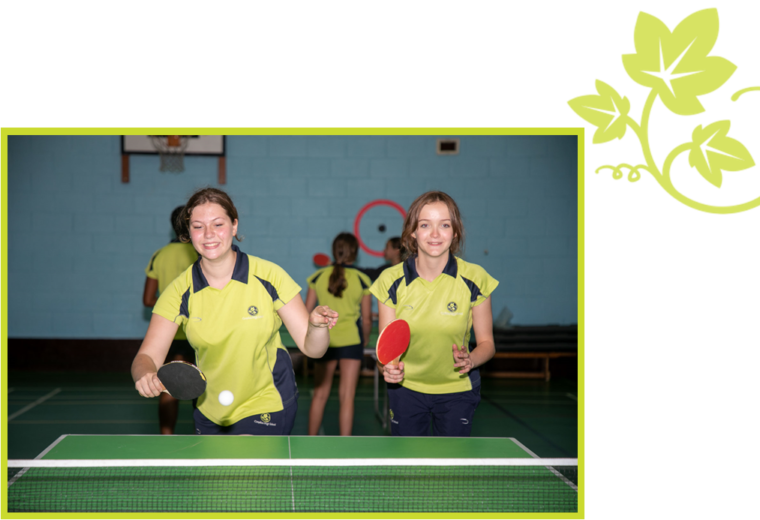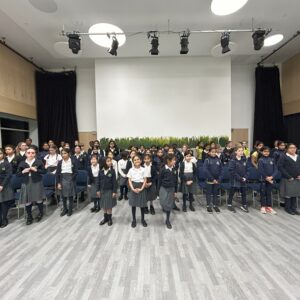News & Events
Leadership Likes: Mrs Pattison

Periods.
Not the American version of full stops and nothing to do with physics.
I have been talking, today, to senior pupils about menstruation – periods.
And why not? Given the vast majority of our senior pupils have them every month and are learning to deal with the physical and emotional effects they impose, why should I not talk about them. In fact, why are periods not being talked about more widely, by all of us?
One of the ambitions in our new strategic plan, Reimagining Our Future: her journey to 2030 describes that we want to offer a safe space to our pupils to rehearse the challenges of the real world. So, we will be talking about the challenges of carrying on with your normal day while on your monthly period and we will be doing so more often, more loudly and, in time, much more confidently. This means that, by the time she reaches adulthood, every girl will be equipped with strategies and will feel comfortable asking for help and support when she needs it.
Crucially, I was clear today that we are not going to be derogatory or euphemistic in our language. Aunt Flo will not visit, there will be no shark week, no one will complain of girl flu, mother nature will offer no gifts and all the ridiculous phrases including the word ‘red’ will be banned. Today, I used very clear language including the word ‘period’ and I also invited pupils to share the language that they use, month in and month out, to talk about what they experience. We explored ovulation, endometriosis, products like period cups and pants and what to do when they experience leaks and cramps.
Period Project: Starting the conversation.
I explained that we are embarking upon a period project within school: We want to be seen as a period-friendly environment which helps develop a sense of ‘period pride’ for every pupil as she learns about her own cycle and how it affects – both positively and negatively – her productivity and wellbeing. We want to help every pupil evaluate what is an acceptable, manageable period and, crucially, what is not. For pupils suffering, we want to point them towards medical help and intervention and help them insist that they are not ignored or passed over. Finally (and I recognise this as a ‘work towards’), we want staff and pupils to be able to openly discuss periods and the effect they have on individuals in our community throughout their cycle.
Womens-health-concern.org tells us that 80% of women experience period pain at some point and that most women suffer some sort of discomfort. However, in 5-10% of women, the pain is severe enough to disrupt their life. That is not hyperbole, periods disrupt women’s lives and they don’t really get to talk about it.
As a teenager, young woman and now not-so-young woman who has a sorry tale to tell about the reality of the ‘grin and bear it,’ approach and who simply could not access the medical help that was obviously needed, I am determined that Croydon High pupils do not suffer in the same way. Not our remarkable pupils and not on my watch!
So, I make no apology, I will be talking openly about periods in the months to come and hope to do so in detail with a working party who will help me understand what our pupils are going through and how they are coping. We will work together as a school community to ensure every pupil has the support she needs and will invite in expert voices to create a shared language with training for staff and pupils to help everyone feel comfortable talking about what is, let’s face it, a biological routine that probably just under half the population experience – every, single, month.
My plea to you all, therefore, is that you begin the conversation at home. Perhaps ask your daughters what they might contribute to the overall conversation. I recognise that, as a school, we have a long way to go – doesn’t every organisation – so any ideas, thoughts, opinions and experiences you have – we want to hear them all!
Thank you for your support.
Emma Pattison
Headmistress

More news
Awards and Celebration
GDST Creative Writing Year 12 & 13 – highly commended
Co-curricular



